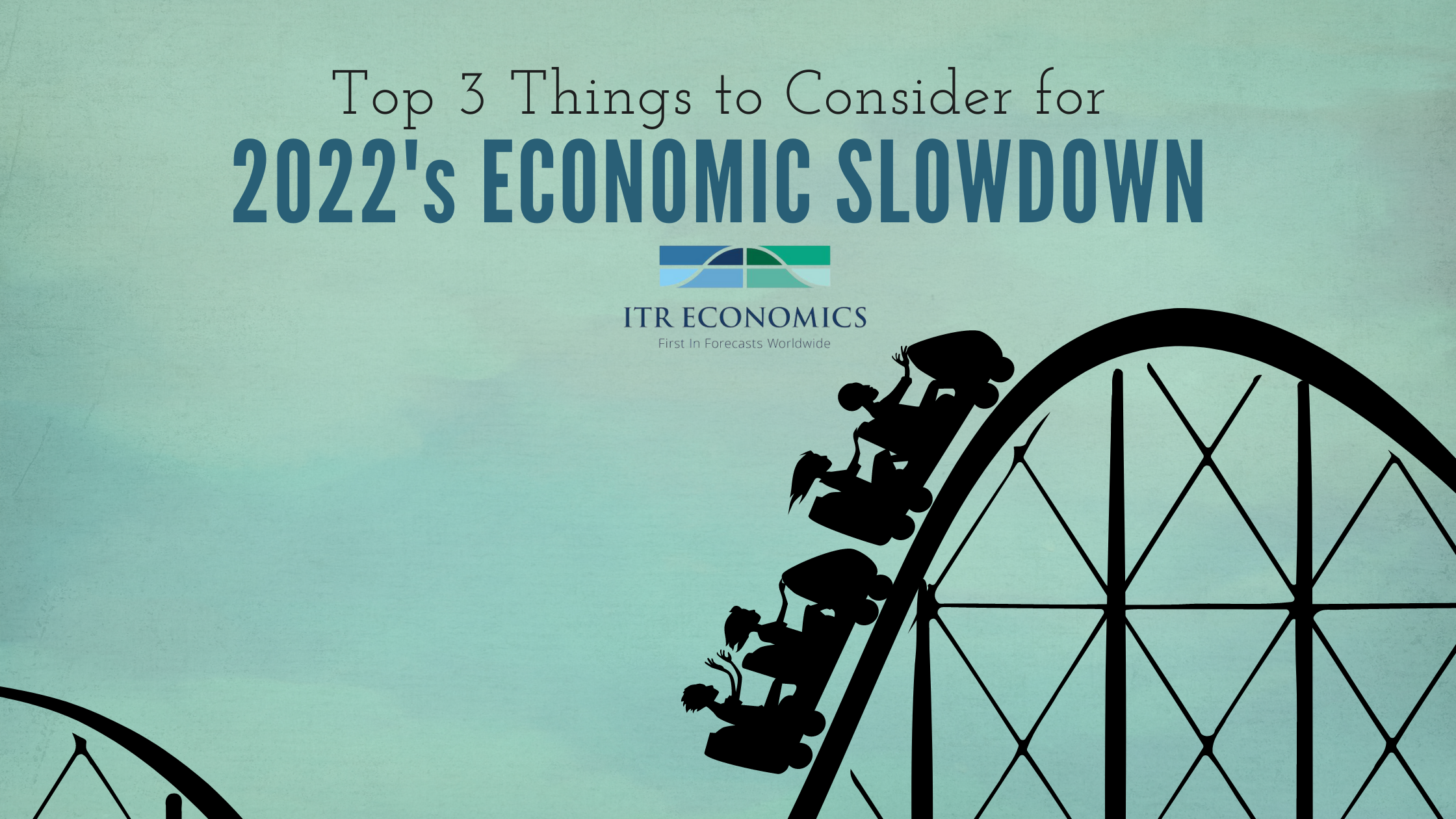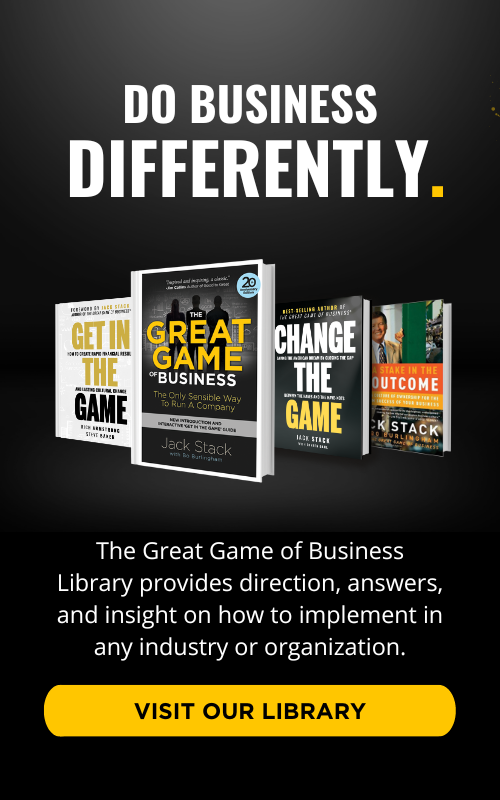1. Know how your business will be impacted In 2021, industrial sectors experienced Accelerating Growth, creating crunches on capacity, exacerbating concerns surrounding the labor market, prompting a willingness to purchase raw materials at higher costs than perhaps would have otherwise been desired.
Read More
Common Challenges for Leadership Common challenges that leaders face across industries include: Technology Labor (recruiting, training, retention) Buying and selling businesses All three of these challenges become increasingly cumbersome as we continue to move through the 2020s. Many businesses have not yet come to terms with the fact that they need to invest in technology to stay competitive in today’s marketplace. Other businesses are too familiar with the labor issues that are haunting many companies around the world. Meanwhile, there are leaders nearing retirement age who are considering “getting out now" rather than in a few years, and there are leaders on the other side of that coin looking for businesses to scoop up as a growth strategy. And if these are just the common challenges, aren't there even more when you break it down further? Unfortunately, the answer is yes.
Read More
The Great Game of Business and ITR Economics are partnering to bring the insights and guidance of ITR Economics’ Industry Reports to The Great Game of Business practitioners.
Read More
Every company should have a vision for itself. Jack Stack, CEO of SRC Holdings and the founder of The Great Game of Business, says, "Having a 10-year plan can help overcome unexpected surprises." Recently, Rich Armstrong, President of The Great Game of Business, and Steve Baker, Vice President, "sat down" (via zoom) with Jack to learn about the 10-year vision for SRC Holdings in a post-covid world.
Read More
A company is only as good as its people. Everyone knows that. So why is that in so many companies the vast majority of the information-hoarding and decision-making happens only at the top? Why have we been holding onto a managerial system invented decades ago to fit an industrial society that tells us that only the CEO and the rest of the C-Suite are smart and capable enough to drive the company forward?
Read More
What a 9-year-old Can Teach Us About Life One Saturday morning, I found myself standing and watching a Little League baseball game. I had a mask on my face and was safely isolated away from anyone else. It was so weird. But I enjoyed being outside in the sun, hearing the familiar sounds of a ball popping into leather and the pings of the bat when hitters made contact. It almost felt like the start of something new.
Read More
When the company does well, our professional lives go forward. But when the company doesn’t do well, eventually, it will impact the employees. The most common employee response to a company failure is “we never saw this coming!” Over the last 10-20 years, we have watched large, successful U.S. companies enter into failure mode. It constantly hits our media networks. It’s painful to see the impact of this demise on the people who have committed their professional life to the failing company. The failure of the corporation never seems to be “fair” to these employees. So, it’s appropriate to propose that the company’s success has to be important to the employees.
Read More

.png)













.png)




-5.png)

